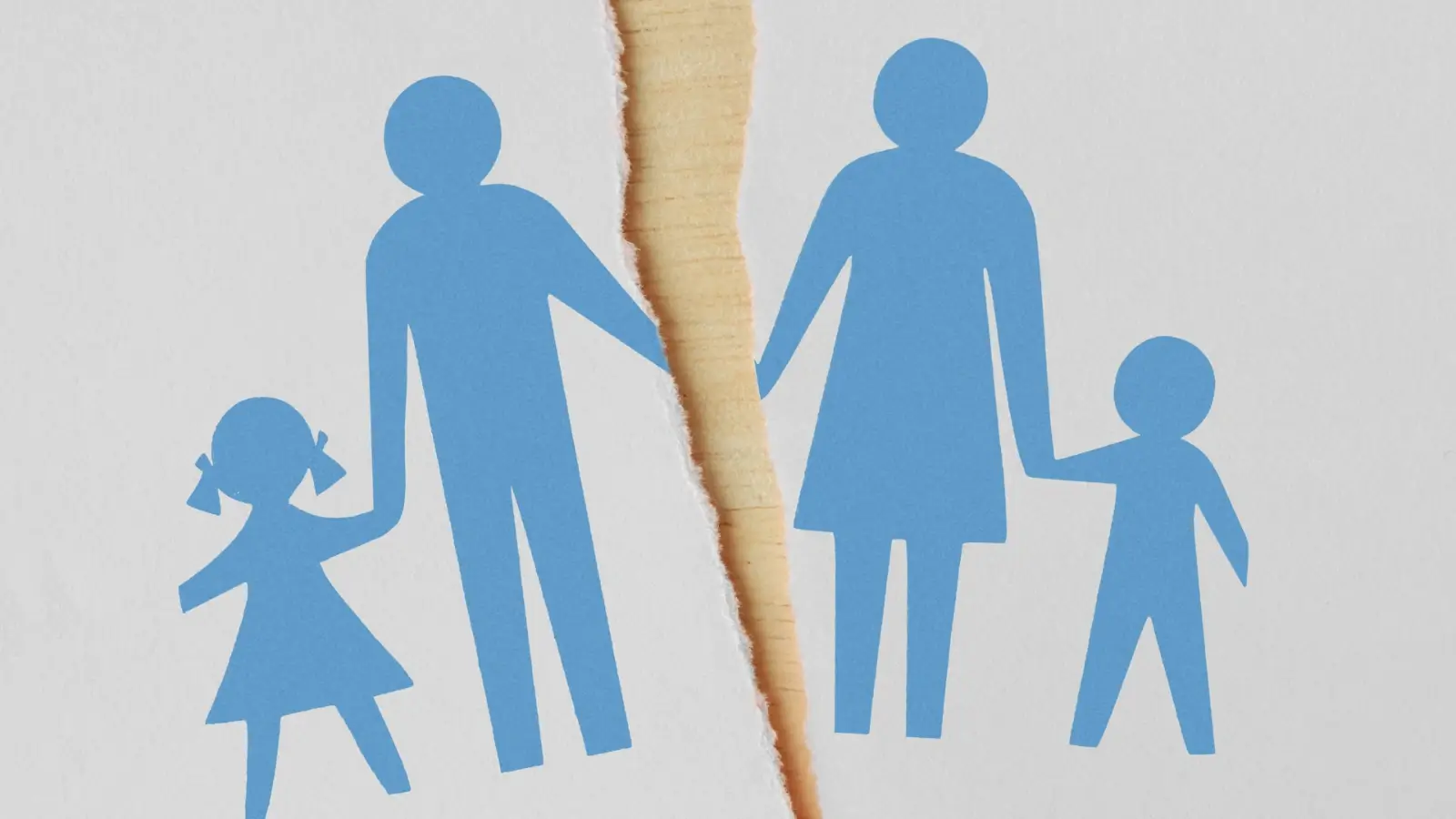


When parents face divorce, their children's emotional well-being becomes the most pressing concern. The harsh reality is that divorce impacts on children can create lasting psychological wounds without proper protection. Family lawyers who specialize in child-centered approaches don't just handle legal paperwork; they create comprehensive shields against emotional trauma.
Through strategic planning, these professionals transform what could be a devastating family breakdown into a manageable transition that prioritizes children's stability and future happiness.
Professional legal advocates employ targeted methods to protect young minds during family dissolution. Research confirms that when parents work together to reduce conflict and prioritize emotional needs, children experience significantly better outcomes.
Modern parenting plans extend far beyond simple visitation schedules. They include detailed provisions for communication methods, decision-making protocols, and conflict resolution mechanisms. These documents serve as roadmaps that prevent children from becoming caught between warring parents.
In Columbus, the legal community has developed comprehensive approaches that go beyond traditional representation. Columbus Family Law Attorneys have pioneered methods that integrate emotional support with legal expertise, creating safer pathways through divorce proceedings for vulnerable families.
Mediation keeps families out of adversarial courtrooms where children might witness hostile exchanges. Professional mediators help parents find common ground while maintaining focus on their children's needs. This approach reduces stress and creates more stable post-divorce relationships.
When domestic tensions escalate, immediate legal intervention protects children from witnessing or experiencing violence. These orders establish clear boundaries and safe spaces for vulnerable family members during volatile periods.
Understanding the critical role family lawyers play in protecting children sets the foundation for exploring specific tactical approaches these professionals employ to minimize trauma.
Child custody arrangements today reflect a sophisticated understanding of child psychology and developmental needs. These arrangements go far beyond traditional weekend visitation schedules to create truly supportive environments.
Some families benefit from "nesting" arrangements where children remain in the family home while parents alternate living there. This setup minimizes disruption to children's daily routines and maintains familiar surroundings during uncertain times.
Digital platforms now help parents coordinate schedules without direct communication that might lead to conflict. These systems track appointments, share important information, and maintain detailed records that courts can review if disputes arise.
Custody arrangements should evolve as children grow and their needs change. Preschoolers require different support than teenagers, and effective legal planning accounts for these developmental shifts from the beginning.
Even the most thoughtfully designed custody arrangements require broader support systems to truly protect children's well-being during family transitions.
Divorce support for families encompasses much more than legal representation—it includes coordinating multiple professional services to create complete safety nets around children.
Family lawyers often work closely with therapists, counselors, and child development experts to ensure children receive appropriate emotional support. This team approach addresses both legal and psychological aspects of family breakdown.
Sudden changes in living standards can traumatize children already dealing with family dissolution. Smart financial planning helps maintain stability in housing, education, and extracurricular activities that give children's lives structure and meaning.
Schools play crucial roles in children's lives during divorce. Legal advocates can communicate with educators to ensure proper support systems are in place and prevent academic disruption during family transitions.
Research consistently demonstrates that divorce handled with sensitivity and focus on children's best interests can pave the way for healthier family dynamics and positive outcomes.
Legal help for divorced parents has evolved to include services that support long-term family success rather than just immediate legal victories.
Many attorneys now offer coaching services that help parents develop better communication skills and co-parenting strategies. This support continues long after legal proceedings conclude, ensuring families maintain stability.
Family circumstances change over time, requiring adjustments to custody and support arrangements. Ongoing legal relationships help families adapt these agreements without returning to adversarial processes.
Parents often need help learning how to communicate effectively after divorce. Structured training programs teach conflict resolution skills and healthy boundary-setting that protects children from ongoing tensions.
Modern legal tools are most effective when combined with expanded professional services that address complete family dynamics.
Sometimes families face urgent situations requiring immediate professional intervention to protect children from acute harm.
Family crises don't follow business hours. Emergency legal support ensures parents can access help when situations become dangerous or when court orders are violated in ways that threaten children's safety.
When domestic violence occurs, children's protection becomes the highest priority. Specialized legal protocols ensure swift intervention while minimizing children's exposure to traumatic legal proceedings.
Mental health emergencies require coordinated responses between legal and medical professionals. Family lawyers trained in crisis intervention can quickly mobilize appropriate resources while protecting children's interests.
These emergency response systems ensure professional help is available when families need it most, preventing acute situations from causing lasting harm.
|
Traditional Approach |
Modern Child-Centered Approach |
|
Focus on legal wins |
Priority on emotional outcomes |
|
Adversarial courtroom battles |
Collaborative mediation processes |
|
Standard custody schedules |
Customized developmental plans |
|
Limited post-divorce contact |
Ongoing family support services |
|
Individual parent representation |
Whole-family advocacy systems |
The divorce impact on children doesn't have to define their futures when proper protection is in place. Professional family lawyers who understand child development, trauma prevention, and family dynamics can transform potentially devastating situations into manageable transitions. They create comprehensive support systems that extend far beyond legal paperwork to include emotional guidance, crisis intervention, and long-term stability planning. Perhaps most importantly, they help parents understand that divorce can become an opportunity to build healthier family relationships when handled with skill, sensitivity, and unwavering focus on children's well-being.
Yes, experienced attorneys draft dynamic parenting plans with modification triggers based on developmental milestones, changing needs, and life circumstances that automatically adapt to children's evolving requirements.
Professional family lawyers frequently collaborate with child psychologists, therapists, and mental health professionals to ensure comprehensive emotional support throughout divorce proceedings and beyond.
Absolutely. Attorneys implement court-ordered communication protocols, structured apps, and clear visitation arrangements that eliminate inappropriate involvement of children in adult communications and conflicts.